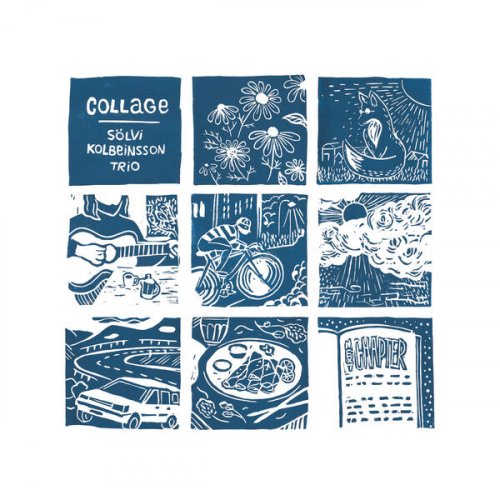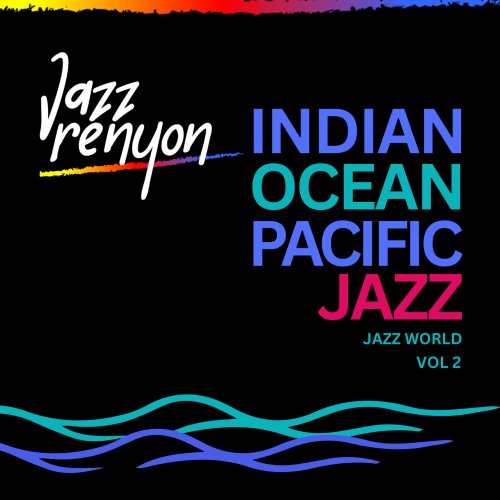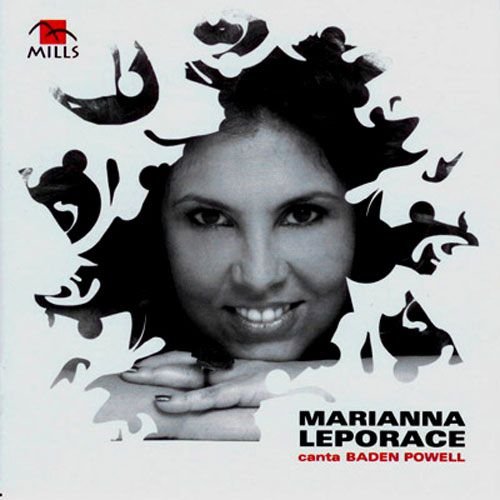Zoe Polanski - Loveloops (2025)
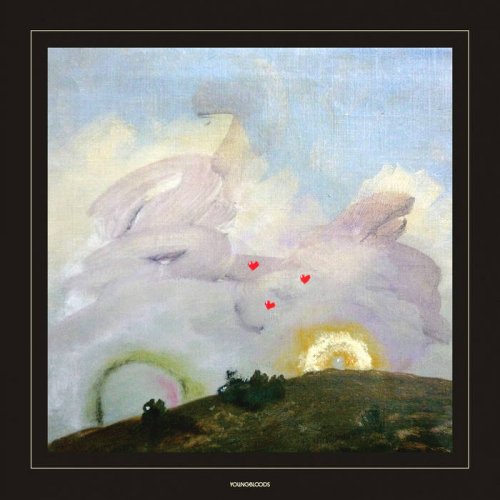
Artist: Zoe Polanski
Title: Loveloops
Year Of Release: 2025
Label: Youngbloods – YBZ 049
Genre: Ambient, Dreampop, Shoegaze, Post-Rock
Quality: 16bit-44,1kHz FLAC / 24bit-44,1kHz FLAC
Total Time: 33:37
Total Size: 144 mb / 317 mb
WebSite: Album Preview
TracklistTitle: Loveloops
Year Of Release: 2025
Label: Youngbloods – YBZ 049
Genre: Ambient, Dreampop, Shoegaze, Post-Rock
Quality: 16bit-44,1kHz FLAC / 24bit-44,1kHz FLAC
Total Time: 33:37
Total Size: 144 mb / 317 mb
WebSite: Album Preview
1. Broken, Happy (03:58)
2. Rosemary (04:04)
3. Vacations (03:21)
4. Can I Have You? (02:52)
5. Symmetries (03:29)
6. To Look At A Valley (04:38)
7. Too Slow (05:22)
8. Loveloops (05:53)
Five years since her debut solo LP, Violent Flowers, singer, songwriter, and film composer Zoe Polanski presents Loveloops: a winged collection of transformative post-rock and ethereal works released in collaboration with Brooklyn-based imprint, Youngbloods. Loveloops sees Polanski return to form - meticulously constructing spiraled compositions as exploratory vehicles traversing valleys of melancholy, heights of aspiration, and ephemeral meditations.
Based in Berlin, Zoe successfully has made a name for herself creating in both audio and visual spaces as a solo musician and film composer. As a recording artist, Zoe’s discography spans multiple full-length projects, collaborations, and performances alongside acts including Tame Impala, Swans, and Lætitia Sadier of Stereolab. Her 2020 debut release under her own name, Violent Flowers (Youngbloods), has been celebrated internationally by global outlets including KCRW, NTS Radio, Echoes and Dust, and Off-Shelf. As a film composer, Zoe’s CV is equally ambitious and accredited, most recently impressing her sensibilities on festival circuit favorites including Concerned Citizen, My Father in the Cloud, and the Dark Sky Films feature Booger.
Zoe’s mastery of her craft began with learning the cello, piano, and eventually guitar in her youth. Like most her age, practicing in the traditional sense failed to grab Zoe’s attention, yet she invested hours everyday searching for strange chords and navigating progressions. Repetition served as a portal of escape; zones in which to lose yourself to the mantras of echoing strings and vocal loops.
“I remember often just getting stuck on loops that felt interesting and beautiful, playing them many times and exploring their resonance…I was also into physics and astronomy - fascinated by the movement of the stars and the concept of infinity. One of my favorite movies as a teen was “Contact."
In her search for extraterrestrial life, Jodie Foster’s character Elinor listened to a radio telescope and discovered a signal from outer space. The moment she hears it, with its complex harmonies, she knows that it’s special. In my own musical search, whenever I would find a special sound or texture with my guitar and looper I would feel like I discovered a signal from another place.”
In Loveloops, Zoe’s search for these otherworldly signals is ongoing; her music finds power in emotional
through lines carefully buried in the surreal, cyclical nature of her beautifully minimalistic compositions.
Escapism, or in Zoe’s case, the notion of finding space in constructive patterns, continues to play a primary role in her canon and is on full display throughout Loveloops:
“My writing process was always loop-based. In recent years I realized that one of the main reasons for this was that I was having obsessive thought patterns. The starting point for this album was to give in to the repetition, without trying to blur it like I have done with my previous musical productions. In the first song I've written for this album - Rosemary - the loop is persistent. I felt I wanted to deconstruct it, as opposed to using it to construct a song. Aviad Zinemanas, my producer and collaborator for much of my work, came up with the idea of using a plug-in that digitally ruins the sound, and I loved the concept of it. Over the course of the song this plug-in dismantles the sound of the loop more and more. It’s a delicate decomposition, a musical equivalent to how I was feeling at the time, struggling with OCD and anxiety.”
Loveloops, in tone and content, mirrors feelings of anxiety, mourning, wonder, and melancholy as a means of extraction - a divine exorcism soundtracked by reverberated guitar, made even more necessary as Zoe discovered she was pregnant while writing the album.
“It became even more important to me to be able to give space to my negativity, before the baby comes.”
Loveloops explores the tension between repetitive non-linear structures and traditional songwriting, utilizing an A-B-A-B bass progression and vocal as a mantra throughout. Leaner compositions, “Rosemary,” “Too Slow,” and “Symmetries,” traverse apparitions of broken promises and distant insecurities across sheer stringed mantras, seeking closure in blending blue guitar melodies and ephemeral vocal stylings. In contrast, works like “Can I Have You” and “Vacations” surface from Loveloops’ depths with bright, star-kissed shoegaze constructions, signaling a distance between the ghosts of Zoe’s past and an eye toward the horizon. Both sonic spaces are bridged by weightless, heavenly ambient works,“Broken, Happy” and the album’s titular piece, implying a calmed symbiosis between the Loveloops’ stormy emotional undercurrent
and aural mirth. Evoking a journey through the landscapes of musical time, Zoe’s work possesses a captivating blend of ethereal haze and precise detail. Polanski meticulously crafts her sound by feeding strums, phrases, and riffs into a looper, and building a brief, repeating musical phrase as a route to eventual solace. Then, layer upon layer, she constructs an enthralling sonic architecture, a cathedral of sound where ambient, pop, and post-rock influences intertwine.
“When I experiment with loops I look for a special texture with a circular feel. After finding the loop that
feels right I want to go wander in it. It’s almost like a manifestation of time in physical space.”
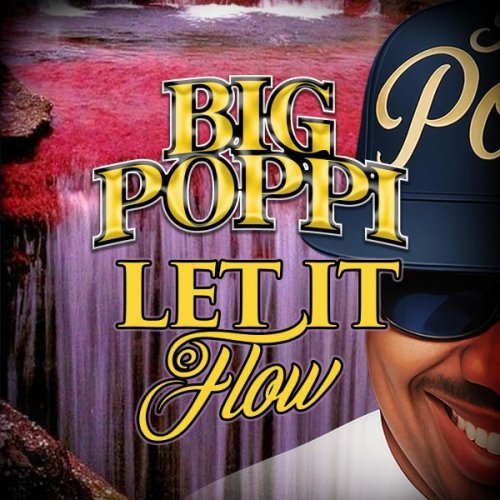
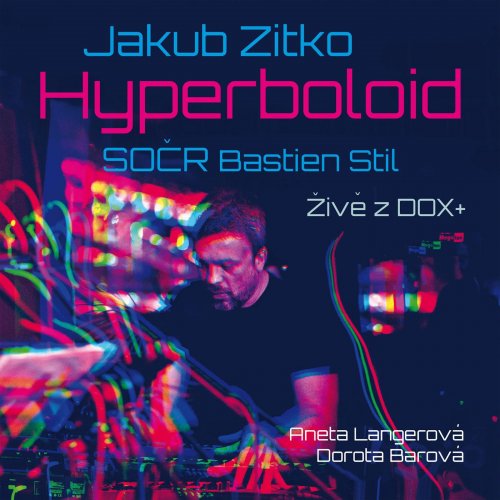
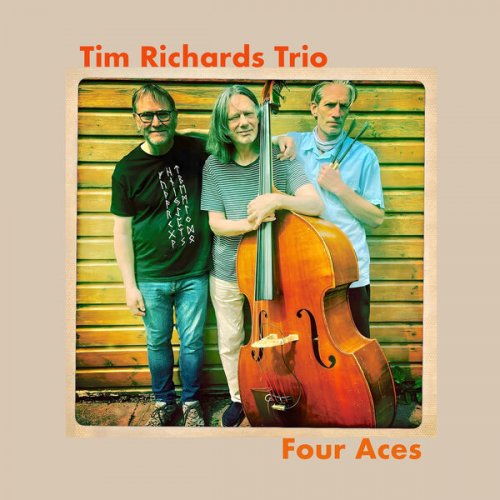
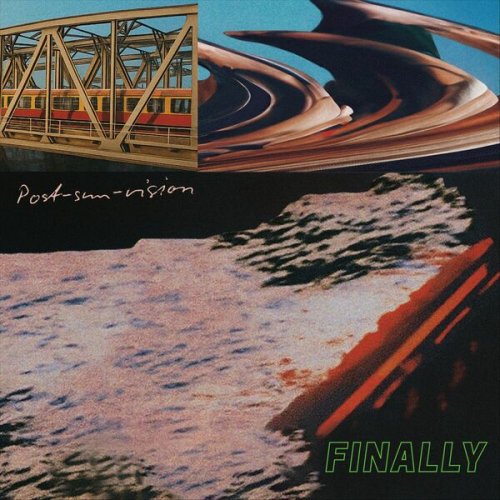
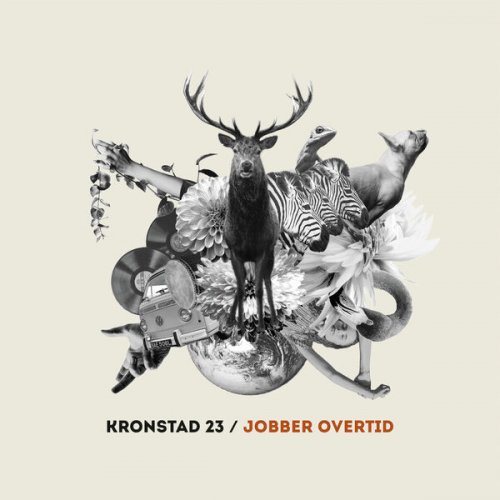
![Marju Kuut - Marju Kuut: Üksi, kuid vabana (2025) [Hi-Res] Marju Kuut - Marju Kuut: Üksi, kuid vabana (2025) [Hi-Res]](https://www.dibpic.com/uploads/posts/2025-12/1765641100_cover.jpg)
